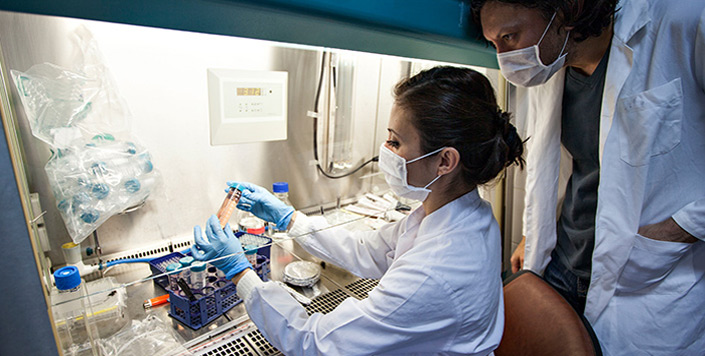
School of Medicine Publications and Presentations
Document Type
Article
Publication Date
11-16-2017
Abstract
Protein tyrosine phosphorylation is a crucial signaling mechanism that plays a role in epithelial carcinogenesis. Protein tyrosine kinases (PTKs) control various cellular processes including growth, differentiation, metabolism, and motility by activating major signaling pathways including STAT3, AKT, and MAPK. Genetic mutation of PTKs and/or prolonged activation of PTKs and their downstream pathways can lead to the development of epithelial cancer. Therefore, PTKs became an attractive target for cancer prevention. PTK inhibitors are continuously being developed, and they are currently used for the treatment of cancers that show a high expression of PTKs. Protein tyrosine phosphatases (PTPs), the homeostatic counterpart of PTKs, negatively regulate the rate and duration of phosphotyrosine signaling. PTPs initially were considered to be only housekeeping enzymes with low specificity. However, recent studies have demonstrated that PTPs can function as either tumor suppressors or tumor promoters, depending on their target substrates. Together, both PTK and PTP signal transduction pathways are potential therapeutic targets for cancer prevention and treatment.
Recommended Citation
Kim, M., Baek, M., & Kim, D. J. (2017). Protein Tyrosine Signaling and its Potential Therapeutic Implications in Carcinogenesis. Current pharmaceutical design, 23(29), 4226–4246. https://doi.org/10.2174/1381612823666170616082125
Publication Title
Curr Pharm Des
DOI
10.2174/1381612823666170616082125
Academic Level
faculty
Mentor/PI Department
Molecular Science

